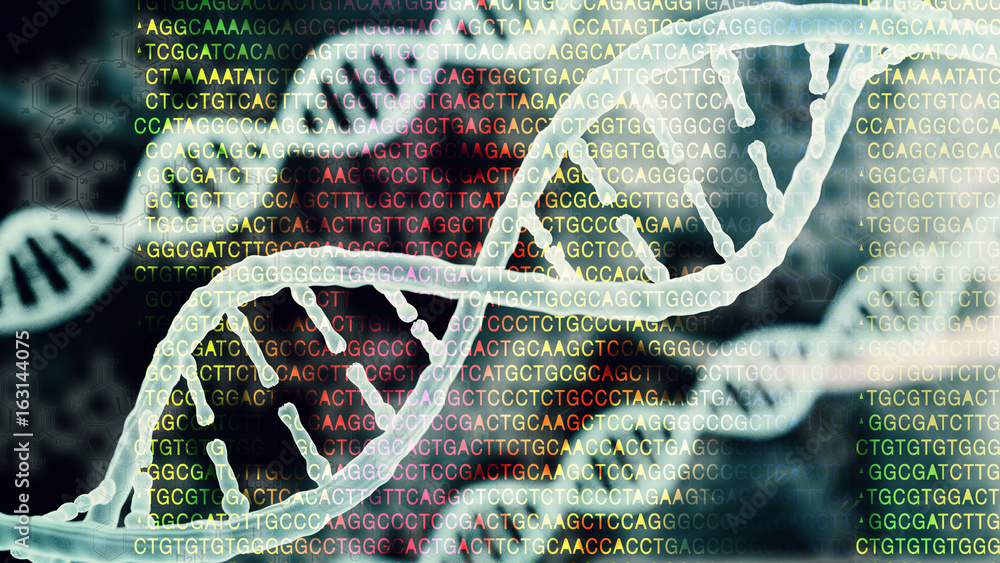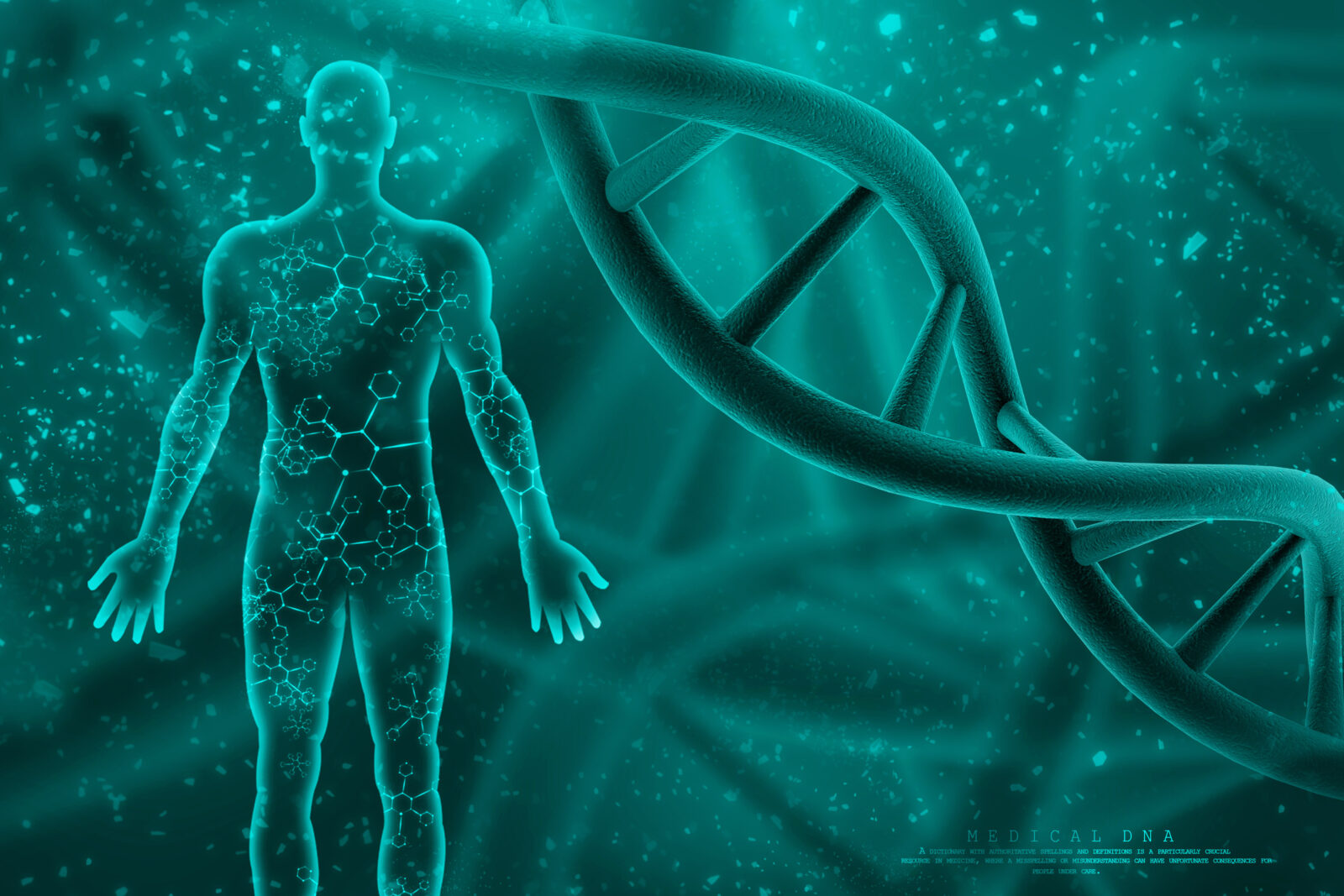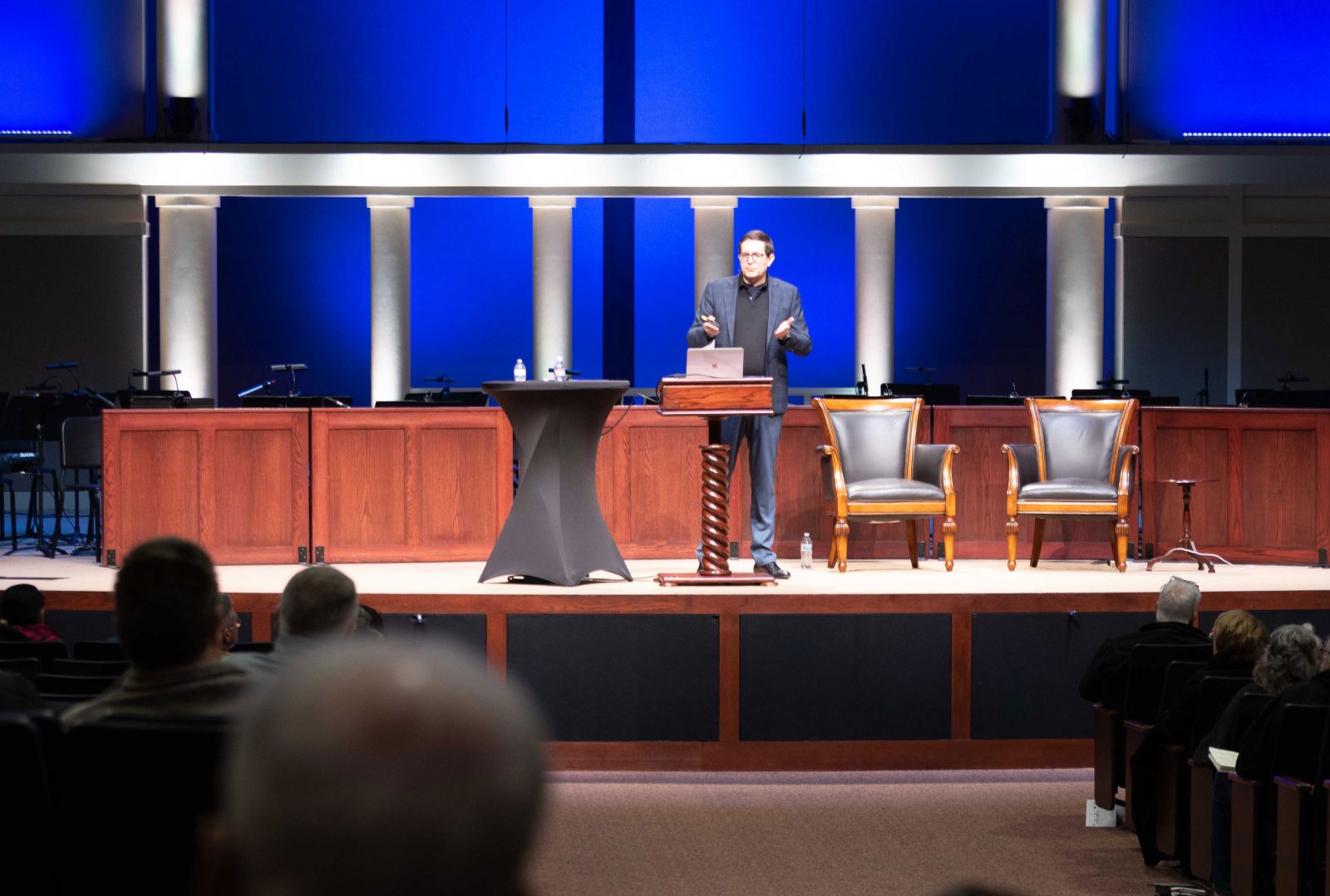


A Guide to Understanding Contemporary Models of Human Origins

Brian Miller: The Surprising Relevance of Engineering in Biology
Today’s ID the Future brings listeners physicist and engineer Brian Miller’s recent lecture at the Dallas Conference on Science and Faith, “The Surprising Relevance of Engineering in Biology.” Miller rebuts several popular arguments for evolution based on claims of poor design in living systems, everything from the “backward wiring” of the vertebrate eye to whales, wrists, ankles, and “junk DNA.” But the main emphasis of this discussion is the exciting sea change in biology in which numerous breakthroughs are occurring by scientists who are treating living systems and subsystems as if they are optimally engineered systems. Some in this movement reject intelligent design for ideological reasons. Others embrace it. But all systems biologists treat these systems as if they are masterfully engineered systems, and that perspective is rapidly accelerating progress in experimental biology. At the forefront of this work is the Conference on Engineering in Living Systems (CELS). Miller provides an exciting sneak peek at some of the cutting edge research from members of this group.

William Dembski: Why Intelligent Design Matters
On this ID the Future intelligent design pioneer William Dembski unpacks one of his chapters in The Comprehensive Guide to Science and Faith: Exploring the Ultimate Questions about Life and the Cosmos, which Dembski co-edited with Joseph Holden and episode host Casey Luskin. The chapter, “Why Intelligent Design Matters,” focuses on ID’s cultural implications. Dembski notes that atheists use mindless evolution to provide a God-free explanation for life and the universe. Intelligent design checks that move, showing that blind material processes couldn’t have created many things in nature, much less the cosmos itself. Intelligent design is the better explanation. What about the idea that an alien created, say, the first life on Earth (intelligent design without the need for God)? Dembski says that idea–one that some atheists have suggested as a fallback explanation—is a poor explanatory substitute for an immaterial intelligent designer.

Darwin’s Rhetorical Foundation of Sand: Theological Utilitarianism
On this ID the Future, biophysicist Cornelius Hunter explores Charles Darwin’s theological arguments for his theory of evolution. By theological, Hunter doesn’t mean that Darwin was arguing for theistic evolution. He means that Darwin received what is known as theological utilitarianism from the intellectual culture of his youth, which had strong deistic tendencies and expected everything in creation to be perfectly adapted, and he made a case against it, presenting mindless evolution as a better explanation for his observations of the biological world than theological utilitarianism. But one problem with this approach, according to Hunter, is that it assumed that theological utilitarianism is THE alternative to blind evolution. In fact, there are other alternatives, including an orthodox Judeo-Christian understanding of God’s relationship to his creation. In Hunter’s conversation with host Casey Luskin, he unpacks the differences in this other understanding of God and shows how Darwin’s tunnel-vision fixation on theological utilitarianism led him into multiple problems. Hunter further shows that this basic theological mistake of Darwin’s also crops up in later defenders of Darwinism. Hunter and Luskin end the discussion by making what may strike some as a surprising claim: Evolutionary theory, argued in the way that Darwin and many of his followers argue the case, is fundamentally theology-based, whereas the theory of intelligent design, which points to a design of life and the cosmos, is strictly science-based. The occasion for the interview is Hunter’s chapter on this subject in the recent anthology co-edited by Luskin, The Comprehensive Guide to Science and Faith: Exploring the Ultimate Questions About Life and the Cosmos. Check it out.

Biologist Jonathan Wells Offers a Cure for Zombie Science
On this ID the Future, Zombie Science author and biologist Jonathan Wells and host Andrew McDiarmid explore the seductive but misleading appeal to consensus science. This is when someone makes a bandwagon appeal to support a scientific hypothesis rather than offering evidence and arguments—as in, “All serious scientists agree that X is the case.” Wells says history makes hash of the consensus-science appeal because the history of scientific progress is all about a consensus view being overthrown by a newer, more accurate view that for a time was a minority view. Wells also draws a distinction between evidence-based empirical science and ideologically driven science. The example he gives for the latter: scientific materialism. Instead of a search for truth about the natural world, science under scientific materialism becomes a search for the best materialistic explanation for this or that phenomenon. Mix scientific materialism and consensus science and you get what Wells has described as “Zombie Science.” Wells and McDiarmid also discuss the problem of science journalism hype. Most scientific discoveries are small, incremental findings of little interest to the general public. The solution for many science journalists: hype the small finding into something earth-shattering. As a remedy, Wells encourages a modest dose of skepticism anytime one is reading a science article in the popular press. What about the claims of Darwinists that the science “is settled,” that evolution “is a fact,” and that bad design in biology proves that hit-or-miss evolution is the maker of life’s diversity, not an intelligent designer? Here Wells encourages more than a modest dose of skepticism, and gives the example of the supposed “backward wiring of the vertebrate eye” as a case in point.

Jonathan Wells Dives into “the Genome’s Uncharted Territories”
On this ID the Future, Icons of Evolution author Jonathan Wells sat down with host and fellow biologist Ray Bohlin at the August 2021 Insiders’ Briefing near Seattle to discuss some fresh discoveries into the workings of the human genome detailed in a recent article in the journal Axios, “Diving into the Genome’s Uncharted Territories.” As the article details, researchers continue to discover important functions in the noncoding regions of the human genome, once regarded by evolutionists as junk DNA. Wells and Bohlin explore the exciting new findings and some of their implications for modern evolutionary theory and intelligent design.

James Tour Interviews William Dembski, Pt. 2
Today’s ID the Future again features Rice University synthetic organic chemist James Tour and intelligent design pioneer William Dembski. Here in Part 2 they discuss information theory, probability theory, the origin of life, evolution, the multiverse hypothesis, and Dembski’s contributions to the theory of intelligent design. Their conversation is borrowed, with permission, from Dr. Tour’s Science & Faith podcast.

ID and the CSC Summer Seminar: Transformative
On this episode of ID the Future, host Emily Kurlinski interviews “Mary,” a PhD biochemistry student who tells about her experiences at the annual Center for Science and Culture’s summer seminar program in Seattle, and how her relationships there developed into a community of friendship, professional connection, and support. What about the charge that ID is a “curiosity killer,” tempting scientists to answer every natural mystery with a shrug and a “God did it”? Mary says ID had just the opposite effect on her. Her pro-design perspective actually led her to choose a career in research, and the conviction that nature is a meaningful and purposeful affair makes her more eager and optimistic about uncovering deeper layers of order and elegance in the natural world than otherwise. Why does she use a pseudonym in the interview? You may be able to guess, but listen in to hear her explanation.

Robert Waltzer on Evolutionary Theory’s Room for Humility
On this episode of ID the Future, biologist and professor Robert Waltzer talks with host Andrew McDiarmid about Waltzer’s chapter in the new Discovery Institute Press volume Evolution and Intelligent Design in a Nutshell. Waltzer’s chapter covers some key terms in the evolution/ID conversation that are often misunderstood or misused. These include the word “evolution” itself, “change over time,” “common descent,” and “natural selection.” He offers quick definitions and explains some of the confusion surrounding them. Waltzer also describes an encouraging success story of his about fostering open dialogue and exploration of the evidence for design in nature.